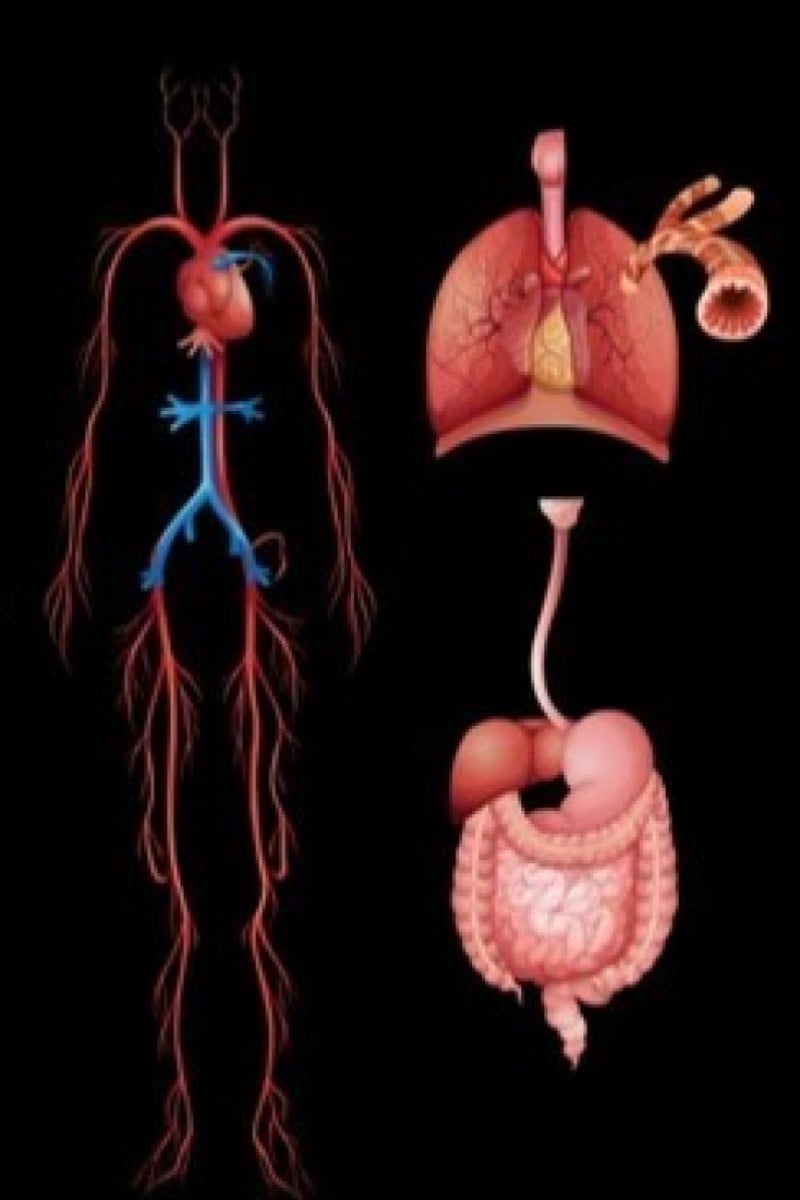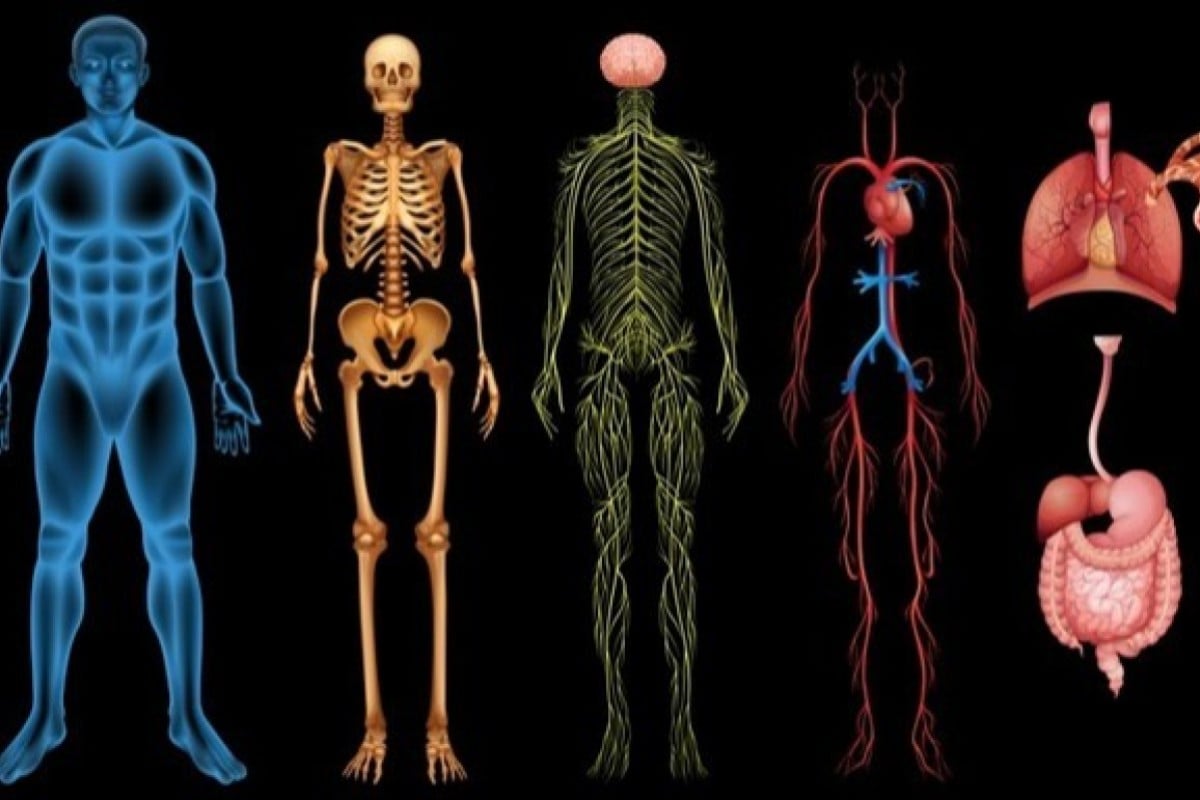
HKDSE 2020: Top tips from an expert for the Biology exam
- A King’s Glory Education tutor discusses some topics that are likely to appear in this year’s DSE
- He predicts the human circulatory and digestive systems, and plant transport systems will appear
 Human systems such as the circulatory and digestive systems, could appear.
Human systems such as the circulatory and digestive systems, could appear.Biology isn’t just the study of endless concepts and terms; it’s also about how we can apply this knowledge to our everyday lives. Ahead of this year’s Biology HKDSE, Young Post spoke to Michael Ho, a star tutor from King’s Glory Education, for tips on how to ace the May 11 exam.
Paper 1 (Section A) comprises 36 multiple-choice questions, while in Section B, there are 10 long questions and one essay question. Ho says that students should ideally spend one minute on each multiple-choice question. But if that’s not possible, he recommends spending no more than 45 minutes on all the multiple-choice questions, leaving one hour and 45 minutes to tackle Section B.
Ho says that the correct answers in the multiple choice section are usually evenly distributed between As, Bs and so on. “So if students still have some extra time, they can go back and check the distribution of their choices.”
Top tips for the HKDSE 2020 Physics exam
In Section B, Ho says students can’t get the right answers simply by listing everything they have revised, because some of the questions use real-life scenarios. Therefore, it’s crucial that students think broadly, and apply the concepts they have learned in class to situations they might never have heard of.
The essay question in Paper 1 in 2014, asked students about their knowledge of a lean meat diet, its nutritional pros and cons,and protein metabolism. Last year, students were asked about hybrid and purebred pets, and had to compare them.
Ho says a lot of candidates would have panicked when they read those questions because textbooks generally don’t discuss such examples.
Study tips from top HKDSE scorers currently at HKU
“Yet, although students may not be familiar with the scenarios in the questions, they need to calm down and be confident that the right answers are always to be found in concepts that they have encountered before, ” he said.
Ho suggests students spend five to 10 minutes drawing a mind map before starting to write the essay, and list all the topics and concepts relevant to the question.
Paper 2 tests candidates on the four elective modules, and the questions are similar to those in Paper 1, Ho says. Students will be required to choose and answer two long questions out of four within an hour. Ideally, students should spend 20 to 25 minutes on each question, so there is time to check over the answers once more before the time is up.
Don’t let stress get you down! It’s OK for 2020 DSE candidates to be extra anxious
As for likely subjects, Ho says there’s a high chance the transport of substances in humans, like the circulatory and digestive systems, will appear in this year’s paper. He also advises students to familiarise themselves with the heart and heart diseases, such as ventricular septal defects.
Plant transport systems are also likely to appear in the exam, especially the functions and structures of xylem, a tissue that is responsible for transporting water and dissolved compounds from roots to stems and leaves; and phloem, whose job is to transport food produced from photosynthesis from leaves to non-photosynthesising parts of a plant such as roots and stems. Ho’s list of hot topics also includes an ecosystem’s nitrogen cycle and energy flow.
“It’s likely that the question for the ‘health and disease’ topic will tie the concept of infectious diseases to vaccines. For example, how does being vaccinated create immunity in our bodies, so that it’s less likely we get infected?”
The human immune system and the microscopic war for survival
As for common mistakes to avoid, Ho says it is crucial not to mix up similar terms that mean totally different things, such as genes and alleles, dominant and recessive, or homologous and homozygous.
“If the question asks candidates to name something, they must spell those answers correctly, and write them clearly. But if the question asks them to describe or explain something, minor spelling mistakes will be acceptable,” Ho says.
He adds that when it comes to calculations or mathematical problems, candidates must include the units in their answers, or marks will be deducted.
The HKDSE timetable at your fingertips
Candidates should also avoid giving overly general answers. For example, if the question is: Why are some people fat?, some students may simply answer: they don’t do enough exercise, or they eat a lot of fatty foods.
“But that answer is unacceptable in biology,” Ho says.
“We expect students to draw comparisons in their answers. They need to point out how the energy input is greater than the energy expenditure to get the marks.”
